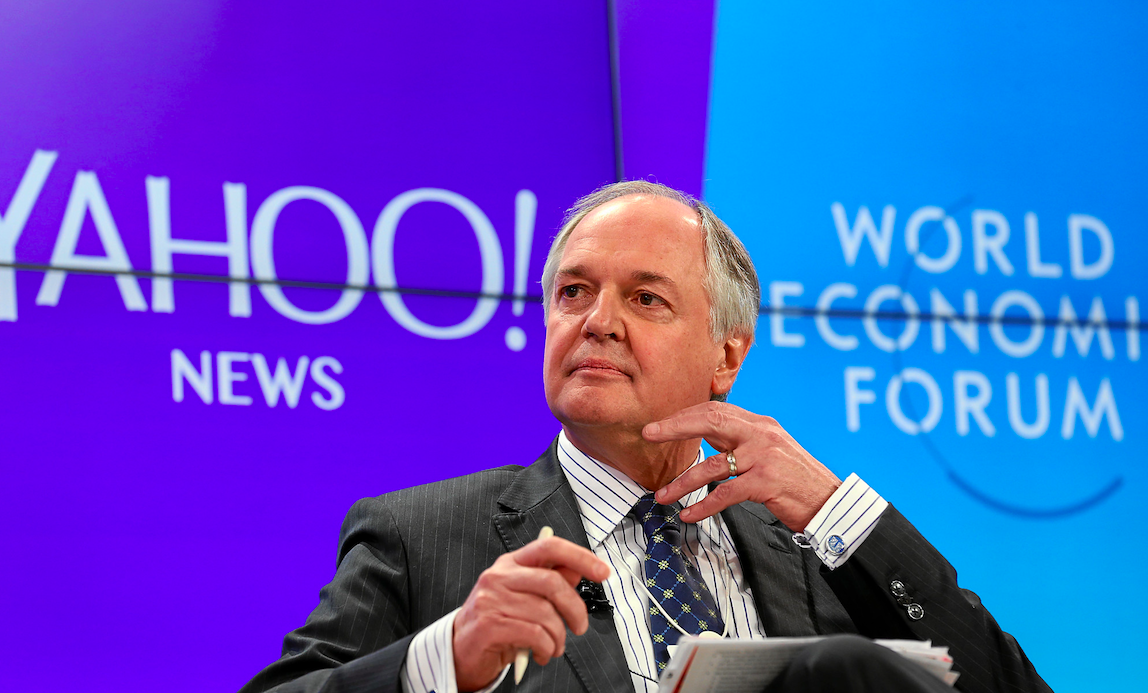
Reports about the departure of Paul Polman have turned out to be premature.
True, it’s only been several months since Polman stepped down as CEO of Unilever after a decade leading the fast-moving consumer goods sector for a decade. But as discussed on several news sources including Bloomberg (which he has verified) Polman plans to be front-and-center in the global sustainability movement with the foundation of a group that he says will take on ongoing problems including climate change and poverty.
Details on how this organization, Imagine, with which Polman is joining forces including Valerie Keller and Jeff Seabright, are still under wraps. But with Polman on board, who has long stood tall as showing how business can serve as a force for good, we can imagine what Imagine could do on the environmental, social and governance (ESG) front.
Such an organization is absolutely needed considering all the challenges society will continue to confront in the coming decade. Polman’s track record stands tall when considering how corporate sustainability has evolved over the past decade. Consider the time when Polman first took the helm at Unilever. Back during the quaint time of the 2000s, most companies were focused on showing that they could be environmentally responsible – and trying do so while scoring a net positive for the planet and their companies’ bottom line.
But Polman was among the visionaries who understood that a sustainable planet meant that people had to be healthy, have access to economic opportunities and above all, be treated as human beings. Hence the laundry list (no pun intended, Domestos, Rinso and Surf brand managers!) of programs Unilever launched during Polman’s tenure, such as a Lifebuoy handwashing campaign in India.
Sure, such a campaign appears to some as self-serving, considering the financial benefits for one of the company’s most timeless brands. But the numbers are hard to argue with: evidence suggests the campaign reached at least a quarter billion people in India alone several years after the program launched. Any illnesses prevented, let alone lives saved, make the message of this campaign one that is difficult to criticize (In the end, Unilever claims the total number of people reached totaled over a billion people, and was achieved two years early). The bottom line is that Unilever has started to crack the code on how a business can be both profitable while mitigating harm to people and the planet. We’re not there yet, but Unilever’s actions have helped pave that road on which we can all move forward.
Unilever has been a game-changer in other ways as well – from striving to open more doors for women and challenging gender norms in its advertising. Noteworthy for a company that has made a mint selling sachets of cleaning and personal care products in developing countries, Unilever was among the first multinationals to shift toward a circular economy model – again a tall order. These programs lunched while Polman was CEO of Unilever – along with other programs focused on human rights, the challenges smallholder farmers face and transforming how tea is sourced.
But there’s more at stake than global sustainability when thinking about Polman’s new venture. There’s another message his work could send – as in redefining retirement and showing experienced and seasoned employees worldwide that their perspectives are still very much valued.
Image credit: World Economic Forum/Flickr

Leon Kaye has written for 3p since 2010 and become executive editor in 2018. His previous work includes writing for the Guardian as well as other online and print publications. In addition, he's worked in sales executive roles within technology and financial research companies, as well as for a public relations firm, for which he consulted with one of the globe’s leading sustainability initiatives. Currently living in Central California, he’s traveled to 70-plus countries and has lived and worked in South Korea, the United Arab Emirates and Uruguay.
Leon’s an alum of Fresno State, the University of Maryland, Baltimore County and the University of Southern California's Marshall Business School. He enjoys traveling abroad as well as exploring California’s Central Coast and the Sierra Nevadas.














